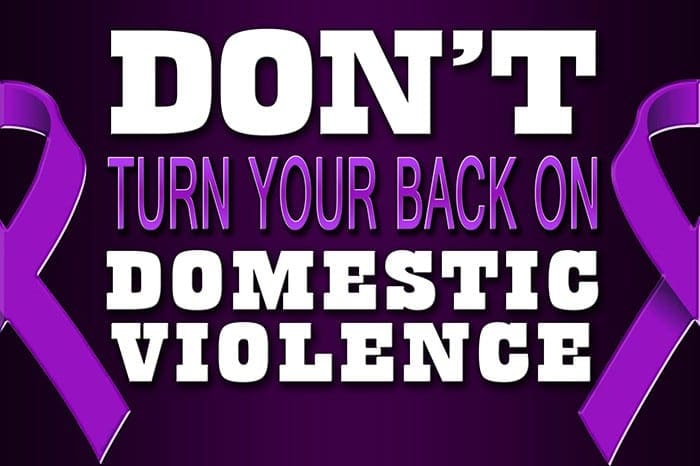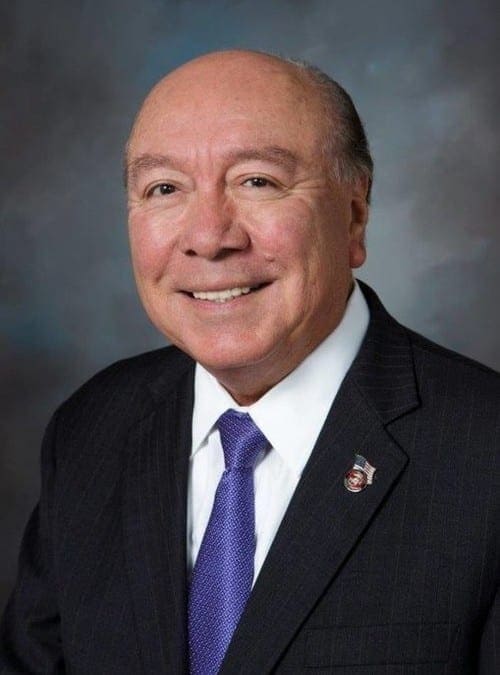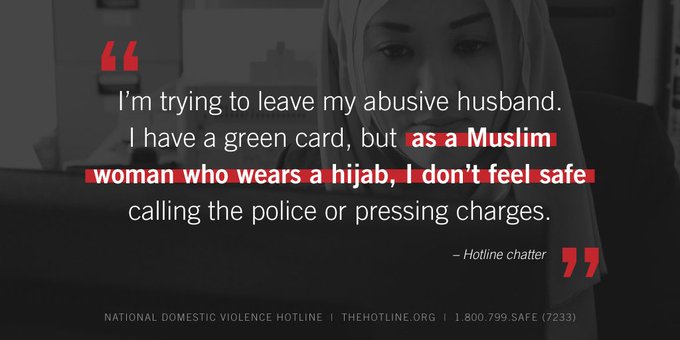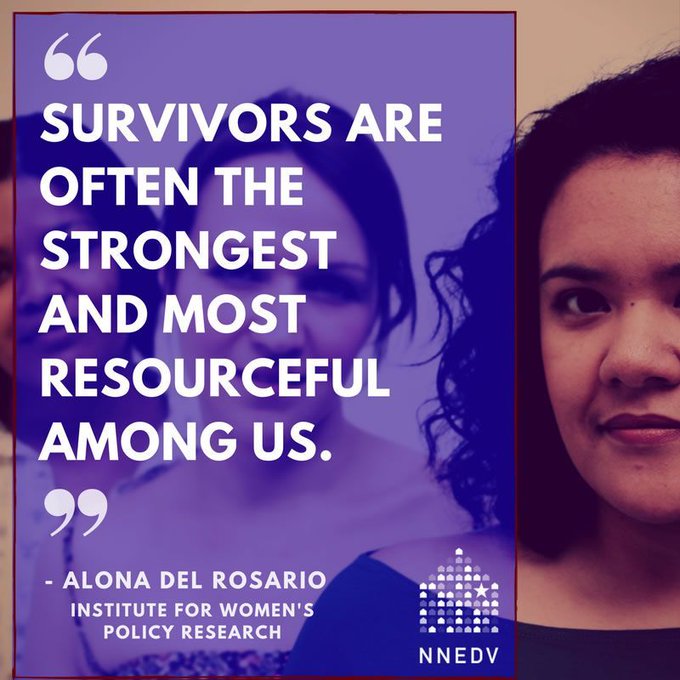Protective Services
Back Clinic Protective Services. The Texas Department of Family and Protective Services (DFPS) works with communities to protect children, the elderly, and people with disabilities from abuse, neglect, and exploitation. It also works to protect the health and safety of children in daycare, as well as foster care and other types of 24-hour care. We do this through investigations, services and referrals, regulation, and prevention programs.
DFPS has five major programs that do this important work:
Adult Protective Services
-
Protects the elderly and people with disabilities from abuse, neglect, and exploitation through investigations and services.
Child Protective Services
-
Protects children from abuse and neglect through investigations, services, foster care, and adoption.
Child Care Licensing
-
Regulates daycare, foster care, adoption agencies, residential treatment centers, before- and after-school programs, and maternity homes.
Statewide Intake
-
Takes reports of abuse, neglect, and exploitation from across the state through its Texas Abuse Hotline (1-800-252-5400) and through the website
TxAbuseHotline.or external Link
-
24-hours a day, every day of the year.
Prevention and Early Intervention
Manages community-based programs that prevent juvenile delinquency and child abuse and neglect.
Please call the Texas Abuse Hotline if you suspect that a child or adult who is elderly or has disabilities is being abused, neglected, or exploited. For answers to any questions you may have please call Doctor Alex Jimenez at 915-850-0900

by Dr Alex Jimenez | Med-Legal Corner, Personal Injury, Protective Services

Domestic abuse: October is a�Domestic Violence Awareness Month, so it�is time to get a closer look at this increasing form of violent behavior. By and large, the general public is unaware of the effects domestic abuse has on its victims, other family members and society as a whole. Therefore, attempts are being made to heighten society�s awareness of the many facets of this violent crime that plagues America today.
Organizations such as�National Center for Victims of Crime,�Love is Respect Website�and�National Domestic Violence Hotline�are educating the general public as well as potential victims of domestic abuse, about the elements of the crime of Domestic abuse, how to differentiate between this family crime and other crimes, and even how to tell whether any crime has actually been committed at all.
Because people should be aware of the types of abuse crimes that fall into the category of domestic abuse, and who the victims of domestic abuse are, the center is answering questions, such as �Does one have to be a spouse or other immediate family member to be considered a victim of domestic abuse?�
WHAT IS DOMESTIC ABUSE?
This is a crime that involves abuse of family members, romantic partners, and others. The crimes of domestic abuse are numerous, ranging from verbal abuse to murder. They include emotional abuse, such as intimidation and threats, assault, battery (with or without the use of a deadly weapon), sexual abuse (i.e. spousal rape), kidnapping, and detaining one against his or her will.
When considering crimes of domestic abuse, most states consider certain relationships to be �domestic relationships.� In these states, the relationships usually include spouses, former spouses, persons who share a common child together, persons currently residing together or those that have previously shared a domestic living arrangement together, in their criteria for domestic relationships.
DOMESTIC VIOLENCE TODAY
The problem of Domestic violence is on the rise and becoming ever more dangerous to its victims who live in fear. However, the average person in the United States today is unaware of just how serious and out of hand the crime of domestic violence is becoming. This could possibly be because many Americans do not live with conflict and violence in their homes.
Conversely, many victims of domestic violence do not even realize that they are victims of the crime of domestic violence. They�ve been misled by their abusers and believe that the abuse they are victimized by, really is not abuse at all, but just �a way of life.�


by Dr Alex Jimenez | Crime Victims, Med-Legal Corner, Protective Services
In February, an immigration enforcement case in El Paso earned the attention of domestic violence advocates across the country. As the El Paso Times reported, an undocumented woman was detained by immigration officers right after she went to the courthouse to get a restraining order against a violent and abusive partner. Domestic violence advocates were horrified, worried that it would potentially deter undocumented people from reporting abuse to law enforcement. “It sends a powerful message to victims and survivors that there is no safe place,” Ruth Glenn, executive director of the National Coalition Against Domestic Violence, told Bustle in February.
Now, a month later, the effect of fighting domestic violence is being felt. Sometime after the El Paso incident, Enrique Elizondo, a worker for a domestic violence hotline, received a call from an undocumented woman (I have not included any identifying details to protect her confidentiality), facing an abusive husband. According to Elizondo, she was at the point of fear that the abuse could become lethal. But, after selling all her belongings to come to the United States, she found herself feeling like she was out of options. According to Elizondo, her partner had specifically made threats about contacting Immigration and Customs Enforcement (ICE) and having her deported if she took action. The El Paso case made her fear he could. Elizondo tells Bustle he tried to help her contact legal help, but the woman asked him, Is this legal advocate going to deport me? Ultimately, Elizondo says he was able to get her legal help.

by Dr Alex Jimenez | Crime Victims, Protective Services
One of the most troubling concerns facing our community is domestic violence. In Texas, 1 in 3 adult women has been a victim of domestic violence. Over the past year and a half, the Corpus Christi Caller-Times has done an excellent job of putting domestic violence at the forefront by covering its effects and exploring solutions to reduce the deadly trend. These stories and statistics should motivate all of us to work to better protect victims.
Since the 1980s, the prevention of domestic violence in Texas has been a top priority and much of my legislation supports programs that aim to overcome domestic violence. When I was chairman of the House Criminal Jurisprudence Committee, we held public hearings that discussed the serious problem of women serving prison time for defending themselves against a violent partner. As a result, several members carried legislation to change the laws to help protect victims of family violence.
In 2009, committee Chairman Abel Herrero and I authored Mary’s Law, which allows for GPS monitoring of domestic violence offenders. And most recently, in 2015, I sponsored House Bill 2645, which allows juries to hear more information about family violence and increases accountability for offenders monitored by GPS as part of a protective order. This bill now allows law enforcement to arrest the violator in real time for a violation of a protective order, thereby increasing victim safety and offender accountability.
Funding to help prevent family violence is critical. As vice chairman of the Senate Committee on Finance, I secured a $1 million increase in funding for the Battery Intervention Prevention Program, in which offenders are held accountable for past abusive behavior and taught the fundamentals of leading healthy, nonviolent relationships. The increase in funds allows services to expand and adds innovative approaches to current practice. Additionally, the 2016-2017 budget included $53.9 million for core services provided by family violence programs and $3 million to address unmet needs such as housing and childcare. We will continue to work with advocates to address funding shortfalls for organizations that provide assistance to victims and offenders.
While the Texas Legislature has strengthened laws against abusers to give district attorneys and our communities more tools to protect family violence victims and provide funds for family violence programs, much work remains to be done. In order to end the cycle of violence, our community needs to focus on prevention by raising public awareness while also effectively implementing and enforcing laws.
Implementation is key to protecting victims. It was alarming to learn that the family violence center in our community was closed on weekends. However, through the Coastal Bend Community Coordinated Response Coalition forums, victims and advocates called for change. As a result, Corpus Christi Police Chief Mike Markle implemented changes so that family violence detectives are rotated for weekends and after-hours duty. This is a step in the right direction so that victims of abuse do not live in fear simply because it is a weekend.
One solution to addressing domestic violence is to adopt components from the city of El Paso’s 24-Hour Contact Domestic Violence Initiative. The program takes a proactive and aggressive approach by moving domestic violence cases through the criminal justice system more effectively and focuses on victim outreach. Victim advocates seek face-to-face contact with victims of a domestic violence crimes for which an offender has been arrested within the past 24 hours. We need to collaborate among relevant agencies and discuss how we can improve and adopt El Paso’s model.
It will take more than one person, one agency, or one government entity to curb domestic violence. It will take work from legislators, law enforcement, the probation department, our local family violence shelter, public officials, parents, students and residents throughout our community to ensure we protect victims and hold their abusers accountable. Together, and only together, can we make our community a safer place.
Dr. Alex Jimenez D.C.,C.C.S.T’s insight:
The crime victims program continues to help so many in need here in our very own El Paso. As a practicing Chiropractor, I have seen more than my share of domestic dispute violence drama and the physical toll on individuals and families. We touch these individuals and work on their bodies after the ordeals they undergo at the physical and emotional levels. It is this proximity to our patients that allows us to see firsthand the true effects. Logically, the impact of the unseen consequences may not always be physical in nature; the program’s outreach covers the unseen concomitant emotional damage caused by the crimes. The attorney general and district attorney have pledged continued support of this outstanding program. This continues to be great news in our growing city.
See on caller.com












